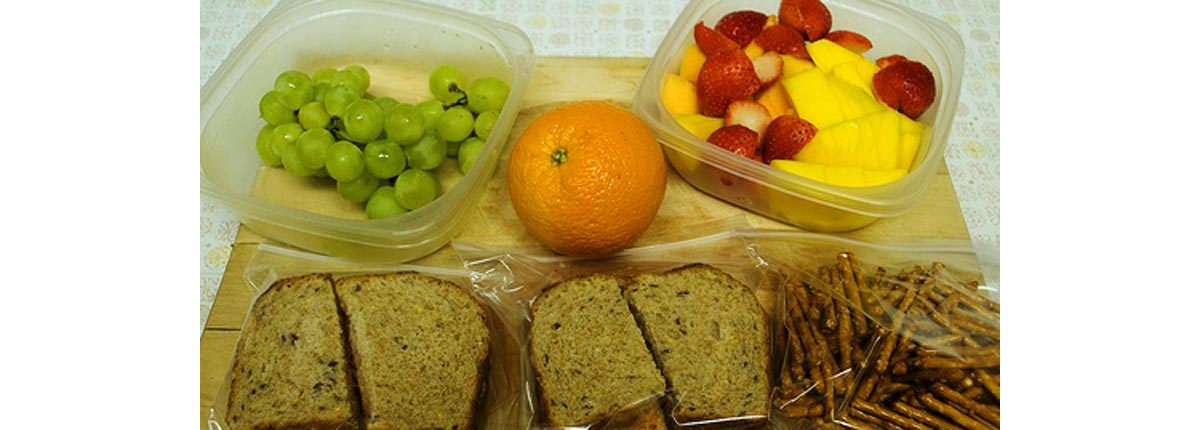Table of Contents
You’re probably not surprised to hear this by now, but there’s very little difference between the optimal food protocol around workout times for men and women. Again, it depends highly on individual goals, with small adjustments made for body weight.

Ideally you should consume a solid meal around two hours before training and another about an hour after you’ve finished. Both should contain a mixture of protein, carbohydrates and vegetables.
Due to stereotyping, it’s often assumed that most women train for cardiovascular purposes, to lose weight or to stay slim, while men train with weights to bulk up, hence the common recommendations that a man should fuel up with a bowl upon bowl of pasta with chicken before training and sit down to a huge plate piled high with steak and potatoes after finishing. His female counterpart however might not eat anything before working out in the hope that training on an empty stomach will burn more fat and then have a small snack of some rice cakes, cottage cheese or a piece of fruit afterwards. (Spoiler alert: An empty stomach won't help you get the best out of your training session, no matter your goals.)
Follow these guidelines when planning your pre and post workout meals and you won’t go wrong.
Pre-Workout Meals
For Fat Loss:
Carbs – 0.5 grams of carbs per kilogram of body-weight
Protein – 0.3 grams of protein per kilogram of body-weight
Fat – Small serving of nut butter, olive oil or mixed nuts. ½ a tablespoon of the butter/oil and ½ ounce of nuts for women, 1 tablespoon or 1 whole ounce for men.
Veggies – 1 cup of mixed green vegetables for women, 2 cups for men.
For Muscle Gain:
Carbs – 1 gram of carbs per kilogram of body-weight
Protein – 0.2 grams of protein per kilogram of body-weight
Fat – Serving of nut butter, olive oil or mixed nuts. 1 tablespoon of the butter/oil and 1 ounce of nuts for women, 1.5 tablespoons or 1.5 ounces for men.
Veggies – 1 cup of mixed green vegetables and 1 piece of fruit for women, 2 cups and 2 pieces for men.
Post-Workout Meals
For Fat Loss:
Carbs – 0.5 grams of carbs per kilogram of body-weight
Protein – 0.3 grams of protein per kilogram of body-weight
Fat – None
Veggies – 2 cups of mixed green vegetables and 1 serving of low-sugar fruit such as berries, grapefruit or apples for women, same for men.
For Muscle Gain:
Carbs – 1.25 grams of carbs per kilogram of body-weight
Protein – 0.2 grams of protein per kilogram of body-weight
Fat – Serving of nut butter, olive oil or mixed nuts. 1 tablespoon of the butter/oil and 1 ounce of nuts for women, 1.5 tablespoons or 1.5 ounces for men.
Veggies – 2 cups of mixed green vegetables and 1 piece of high-sugar fruit such as bananas, pineapple or mango for women, 3 cups and 2 pieces for men.
Don’t get sucked into thinking you need to eat differently from the opposite sex. You may well do, but these differences should be based on goals, not your gender. Diet and workout supplements represent a multi billion dollar industry, and falling for gender based stereotypes helps you fuel their profits without getting you any closer to reaching your personal fitness goals, whatever they may happen to be.
- “Is Creatine Right For You?”, By Carey Rossi, Accessed on October 5th, 2012, Retrieved from http://www.oxygenmag.com/Nutrition/Articles/Is-Creatine-Right-For-You.aspx


Your thoughts on this